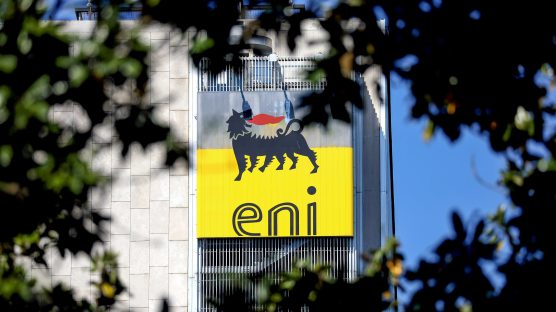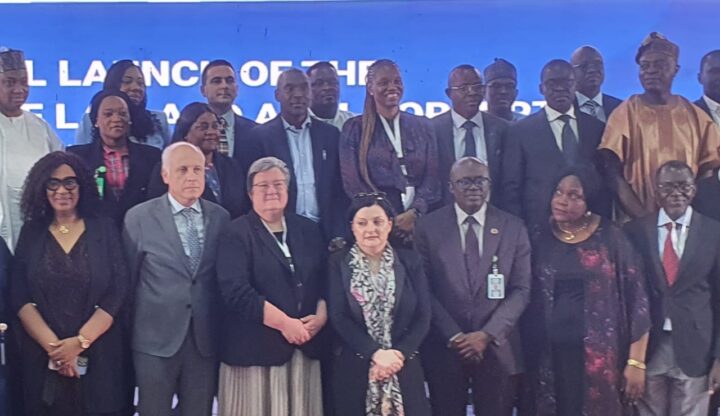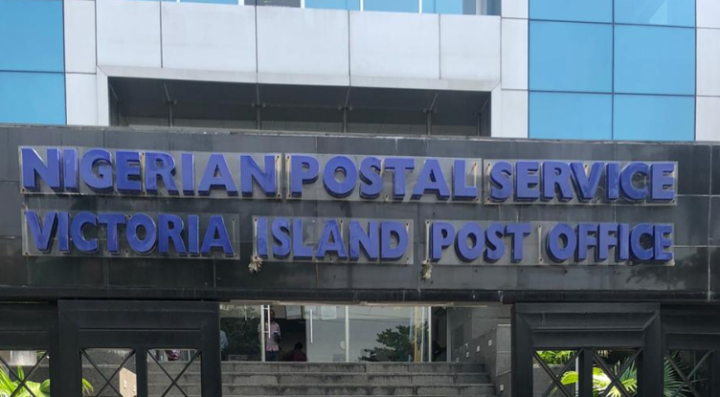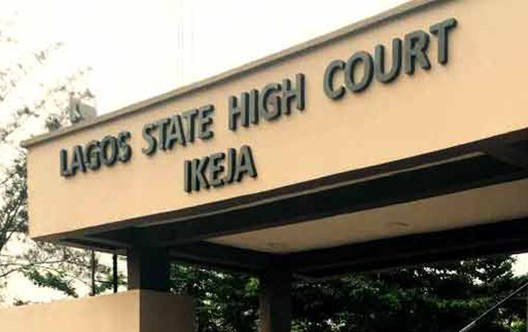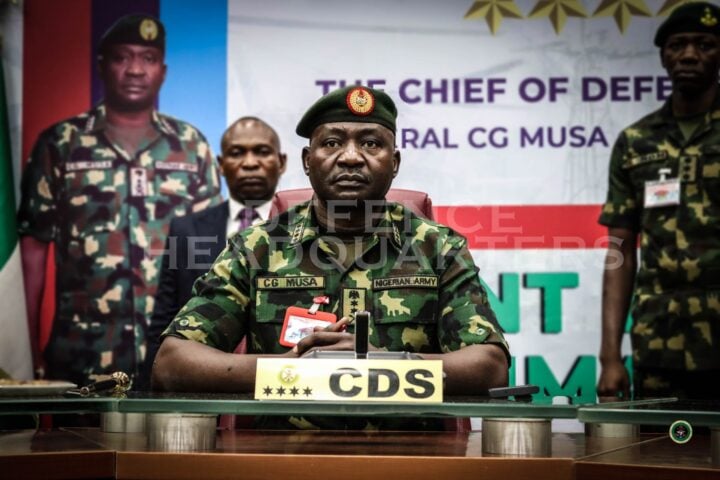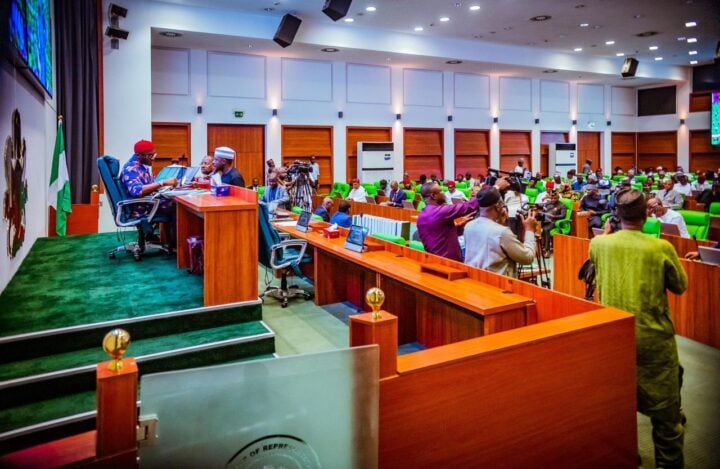Eni, an Italian oil company, has temporarily suspended arbitration in the oil prospecting licence (OPL) 245 dispute with the Nigerian government at the World Bank.
According to Reuters, the suspension is in order to discuss the conversion of the prospecting licence to a production licence.
Eni confirmed that the arbitration at the World Bank’s dispute resolution body concerning the OPL 245 oilfield has been suspended.
“Eni … has agreed with the Federal Government of Nigeria to mutually and temporarily suspend the arbitration proceedings in order to discuss with the government the necessary steps for achieving the conversion of the licence from prospecting into mining (extraction),” an Eni spokesperson said.
Advertisement
The move comes days after Nigeria opted out of its $1.1 billion civil suit against Eni in relation to OPL 245.
An oil prospecting licence (OPL) allows a company to explore for oil, but once it finds recoverable oil, the licence needs to be converted to an oil mining licence (OML) for it to be able to produce and export.
According to the source, Eni’s request to stop the arbitration came on November 16, a few days after the beginning of the proceedings.
Advertisement
The source added Nigeria is currently seeking better terms for the block licence than what has been agreed up to this point.
THE OPL 245 SAGA
On April 9, 1998, the federal military government awarded OPL 245 to Malabu Oil and Gas Ltd, which was said to be owned mainly by Mohammed Abacha, son of Sani Abacha, and Etete, who was the petroleum minister at the time.
On July 2, 2001, President Olusegun Obasanjo revoked Malabu’s licence and assigned the oil block to Shell — without a public bid.
Advertisement
Malabu went to court and ownership was reverted to it in 2006 after it reached an out-of-court settlement with the federal government.
Shell fought back and commenced arbitration against Nigeria but when President Goodluck Jonathan came to power in 2010 and implemented the consent judgment returning the oil block to Malabu, the controversy appeared to have been resolved with Shell and Eni agreeing to buy the oil block from the Nigerian company for $1.1 billion.
The oil companies also paid $210 million as signature bonus to the federal government of Nigeria.
But activists launched an international campaign alleging that the OPL 245 deal was fraudulent and that the proceeds were used to bribe government officials.
Advertisement
Add a comment
